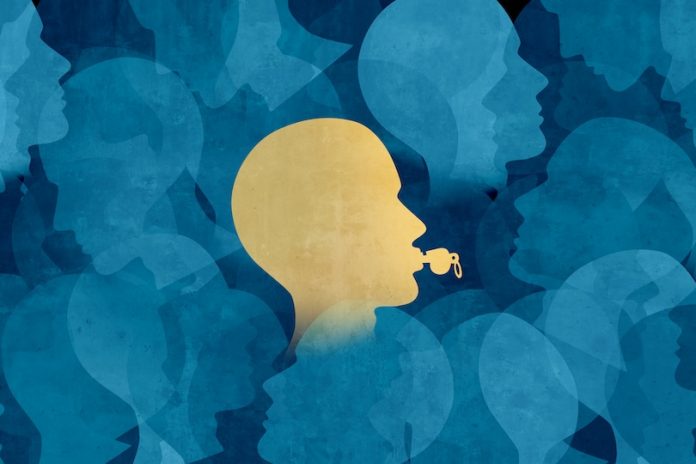The act of whistleblowing is when an organizational insider exposes wrongdoing to an authority that can address that wrongdoing (Near & Miceli, 1985). Wrongdoing can encompass any illegal, immoral or unethical activity that emerges from an organization’s confines (Jubb, 1999). The actions of South African whistleblowers have brought about positive change in the country, particularly in shedding light on state capture, involving a complex network of private actors and public officials influencing state affairs for their own benefit (Radulovic, 2023c). Former President Jacob Zuma stepped down due to allegations of his involvement in state capture (Radulovic, 2023c). Even before state capture, whistleblowers played a crucial role in exposing fraud and corruption in South Africa (Uys, 2022). The tradition of exposing wrongdoing was uncommon in apartheid South Africa but became more prevalent after the transition to democratic rule.
The behavior change is a product of the post-apartheid Constitution (1996) which introduced new laws, including the Protected Disclosures Act No. 26 of 2000 (PDA). However, the PDA has been criticized for not adequately protecting whistleblowers (Lewis & Uys, 2007; Martin, 2010). The PDA was amended in 2017 by the Protected Disclosures Amendment Act No. 5 (PDAA) following the South African Law Reform Commission’s recommendations (SALRC). Although the PDAA expanded protections for whistleblowers, it still falls short of international standards (Thakur, 2018).
Legislation plays a critical role in protecting whistleblowers by establishing legal rights and obligations. In South Africa, loopholes in the PDA have resulted in extensive retaliation against whistleblowers, including work-related, social, lawfare, and physical retaliation (Radulovic, 2023b). Adequate legislation would not only prohibit retaliation but also hold wrongdoers and organizations accountable for their actions. South African policymakers should consult global instruments like Transparency International’s guidelines for best practices in whistleblowing legislation to improve existing laws and protections.
International collaboration and cooperation are essential for improving whistleblower protections globally. Organizations like the Whistleblowing International Network (WIN) serve as hubs for information and support for whistleblowers. Collaboration with countries with effective whistleblower protection laws, like Serbia, can provide valuable insights and strategies for South Africa to enhance its legislation (Martić, 2021).
Learning from successful organizations like Pištaljka in Serbia, which has defended numerous whistleblowers and contributed to the drafting of the Serbian Law on Protection of Whistleblowers, can provide a model for South Africa to follow. Collaborative efforts between civil society organizations and government institutions could lead to significant improvements in whistleblower protection laws (Feinstein & Devine, 2021).




